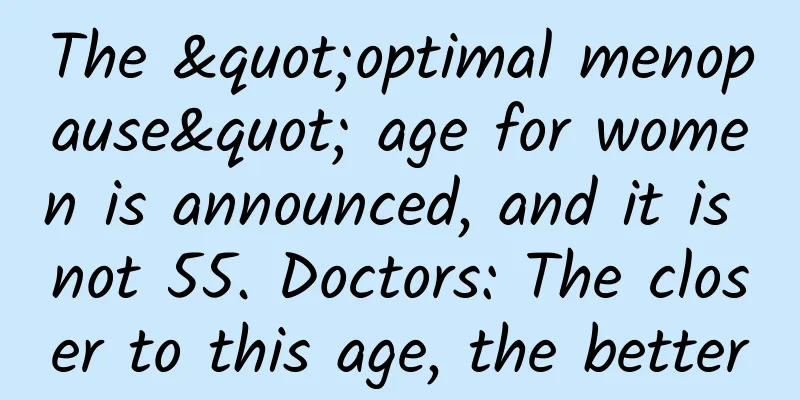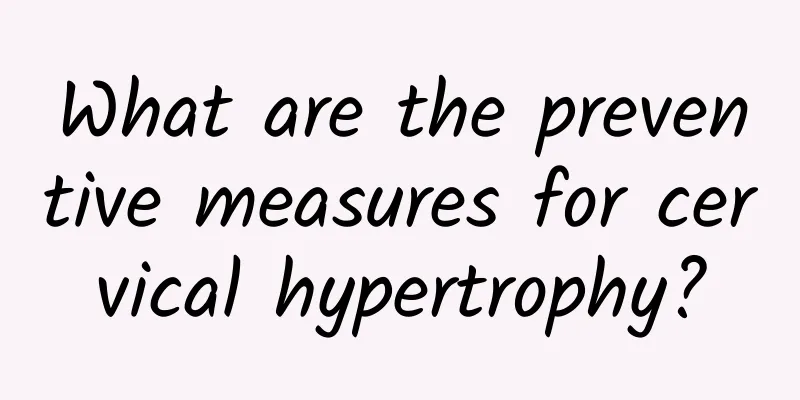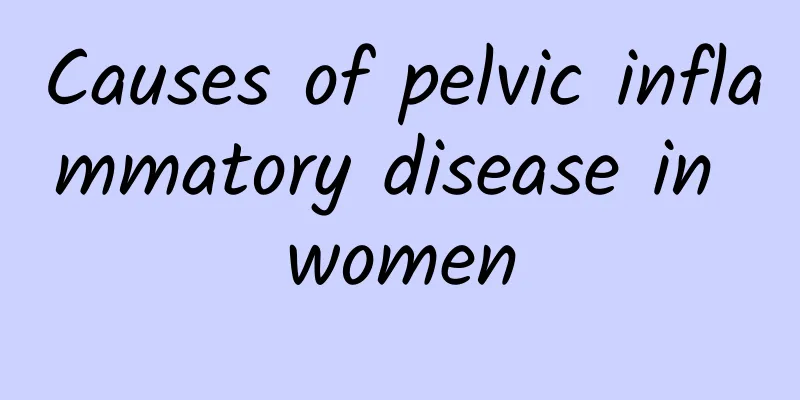Will endometrial polyps recur after surgery?

|
Endometrial polyps have a certain possibility of recurrence after surgical resection, especially when the relevant pathogenic factors are not improved or the patient is in a high-risk group. Effective prevention of recurrence requires a combination of postoperative health management and intervention targeting the cause. The reasons for the recurrence of endometrial polyps are mainly related to the following points: genetic factors may make some women more prone to endometrial hyperplasia; environmental factors such as long-term exposure to harmful chemicals or environments with high estrogen levels will also increase the risk of polyp formation; physiological factors such as obesity, endocrine disorders, high estrogen levels or luteal insufficiency; pathological factors such as women with polycystic ovary syndrome or chronic endometritis are more likely to relapse. Incomplete surgical resection may also leave hidden dangers for polyp recurrence. Recurrence is often related to comprehensive and multifaceted factors. The reasons for the recurrence of endometrial polyps are mainly related to the following points: genetic factors may make some women more prone to endometrial hyperplasia; environmental factors such as long-term exposure to harmful chemicals or environments with high estrogen levels will also increase the risk of polyp formation; physiological factors such as obesity, endocrine disorders, high estrogen levels or luteal insufficiency; pathological factors such as women with polycystic ovary syndrome or chronic endometritis are more likely to relapse. Incomplete surgical resection may also leave hidden dangers for polyp recurrence. Recurrence is often related to comprehensive and multifaceted factors. Preventing recurrence requires a multi-faceted approach. Regular postoperative review of endometrial B-ultrasound, especially 3-6 months after surgery is a critical period; for women with high estrogen levels, it is recommended to use progesterone drugs to regulate endocrine according to the doctor's instructions, such as medroxyprogesterone acetate, dydrogesterone or levonorgestrel intrauterine device; patients with chronic inflammation can cooperate with anti-inflammatory treatment after surgery, such as the use of cephalosporin antibiotics, metronidazole, etc. for infection control. Improving eating habits, reducing fat intake and increasing dietary fiber, maintaining regular exercise, and controlling weight are all important measures to reduce the risk of recurrence. For patients with repeated recurrences in the past, medication combined with conservative treatment can also be considered to avoid surgery in the long term. In short, preventing the recurrence of polyps requires collaboration from multiple parties, and patients are advised to follow the doctor's instructions and manage their condition in an individualized manner. |
<<: Can Liushen Pills cure fungal vaginitis?
>>: The difference between primary and secondary dysmenorrhea
Recommend
Treatment options for pelvic peritonitis
In principle, the treatment of pelvic peritonitis...
Cost of treating cervical precancerous lesions with traditional Chinese medicine
Nowadays, many friends suffering from cervical pr...
Are you eating "imitation" wagyu? Nutritionists teach you the four major risks of excessive fat-injected meat
People who like to eat beef often say, "Give...
Do I need to diet before weight loss surgery? 5 Myths About Weight Loss Surgery Debunked
Morbid obesity is often treated with weight loss ...
Obesity increases risk of infection after uterine fibroid removal
Uterine fibroids (UF) are common uterine tumors i...
The following are the three major symptoms of cervical erosion of the third degree
There are more and more patients with cervical er...
How to relieve pelvic inflammatory disease pain
How to relieve pelvic inflammatory disease pain? ...
300,000 people suffer from sarcopenia! Walking and brisk walking are not likely to increase muscle strength, so measuring your calf circumference will help you avoid risks.
The elderly are most worried about muscle weaknes...
How much does an abortion cost?
Artificial abortion is a problem that women may e...
Blood test to diagnose threatened miscarriage
Every pregnant patient is worried about the baby&...
Introduction to the best treatment for ectopic pregnancy
Ectopic pregnancy brings a lot of unspeakable pai...
Why do women have cervical erosion?
Why do women have cervical erosion? Cervical eros...
What should I not do during my period? What should I pay attention to during my period?
There are many things that women need to pay atte...
How to identify pelvic inflammatory disease? Know the corresponding symptoms
Pelvic inflammatory disease has seriously threate...
Is it true that if you have uterine fibroids, your menstrual flow will be heavy?
Patients with uterine fibroids may not have obvio...









![[Video version] The key to weight loss: ignite your metabolism and avoid these 5 landmine foods](/upload/images/67dcfca95aa36.webp)